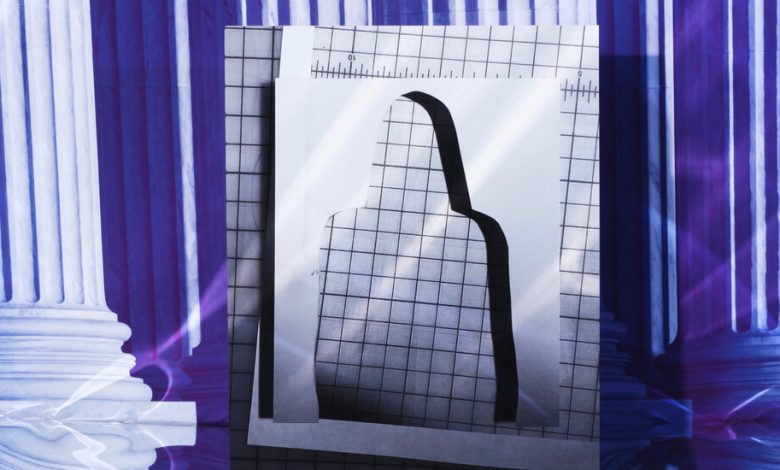On Abortion, the Supreme Court Purported to Say Nothing but Spoke Volumes About Itself

Given the breathtaking sweep of the Supreme Court’s decisions in the final days of its term, it’s easy to overlook a decision that had no sweep at all because it was a decision not to decide.
I’m referring to the court’s dismissal of the case about whether Idaho can violate federal law by barring hospitals from performing emergency abortions for women whose pregnancies present a severe threat not necessarily to their life but to their health, including their future fertility.
Last Thursday, nine weeks after hearing argument, the court dismissed the case as “improvidently granted,” meaning that the court, upon reflection, should not have accepted the case for review. The litigation in the lower federal courts involved a dispute over Idaho’s defiance of that federal law. The case now returns to the lower courts, where it stood before the Supreme Court intervened on the state’s behalf.
This unexpected turn obviously pales in significance beside the court’s aggressive dismantling of the administrative state and its generous grant of substantial immunity to Donald Trump. Dismissal of a case, which happens maybe once or twice a term, has no formal meaning as a precedent and usually not much meaning at all. But it seems to me that the fate of this particular case, Moyle v. United States, has much to tell us about the Supreme Court at a supremely fraught moment. Its brief life on the court’s docket opens a window on the court’s internal tensions more revealing than the carefully polished opinions through which the justices usually speak.
In every way that counts, Moyle represents an astonishing institutional failure. Everything about the court’s acceptance of the case was irregular from the start. The justices plucked Idaho’s appeal off the court’s “shadow docket” of cases that don’t arrive as ordinary petitions for review but rather as urgent requests for some form of emergency relief. Idaho sought a stay from an injunction issued by a federal district judge barring the state from applying its recently enacted abortion ban to women with urgent health reasons for terminating a pregnancy.
Idaho’s Defense of Life Act permits abortion only to save a woman’s life or in cases of rape or incest, while a federal law, the Emergency Medical Treatment and Labor Act, requires hospitals to provide medically indicated emergency care for any condition, either by treating the patient in the emergency room or by arranging a transfer to another hospital. In those circumstances, the Federal District Court held, the 38-year-old federal law pre-empted Idaho’s abortion ban.